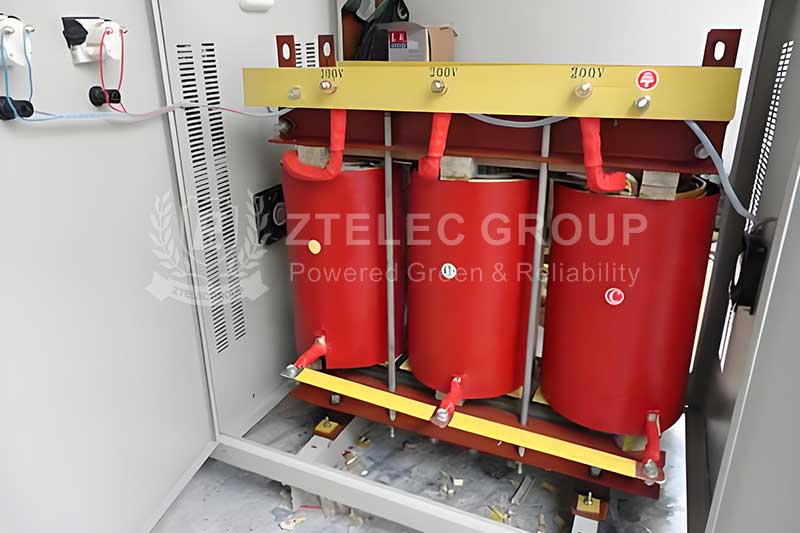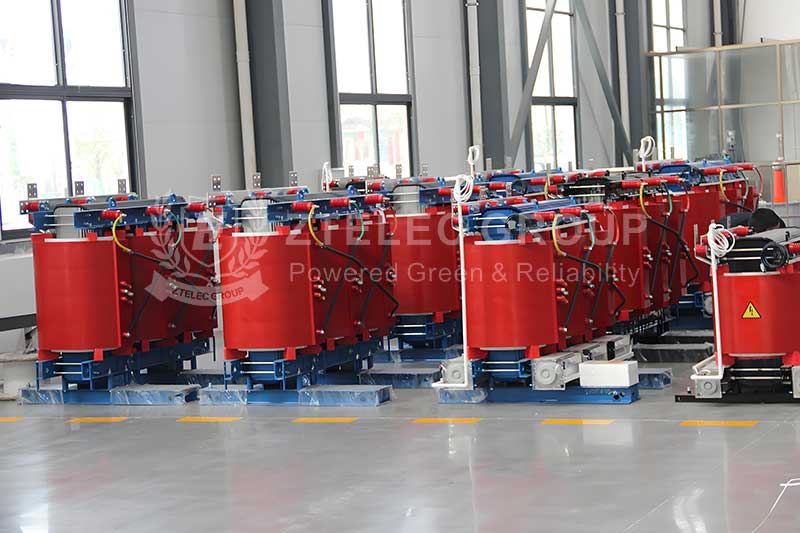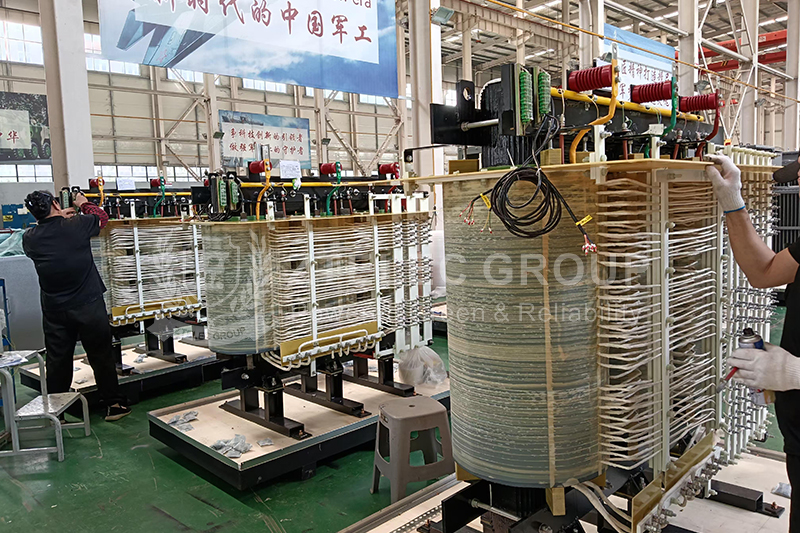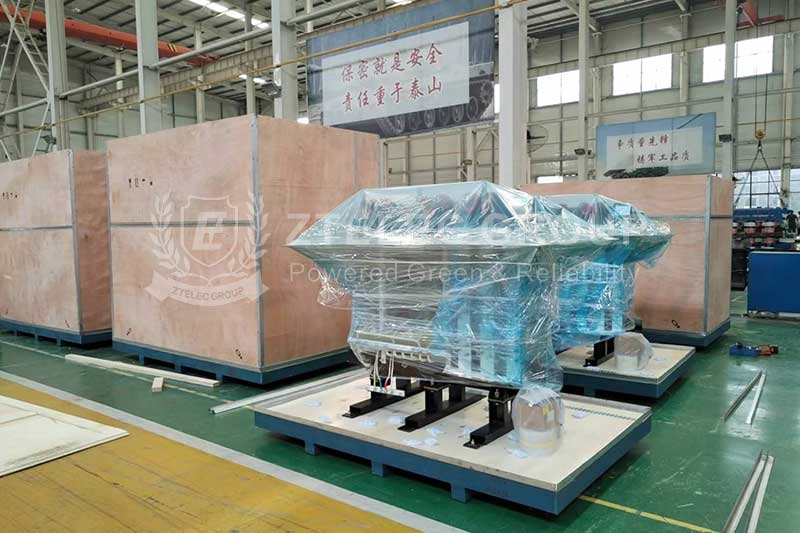Factors affecting insulation performance of transformer
During the operation of transformer, the main factors that affect the insulation performance of transformer are temperature, humidity, oil protection method and overvoltage effect. Therefore, controlling these factors within a reasonable range is a key element to ensure the safe use of transformers.
1. Influence of temperature
The transformer is insulated by oil paper and the moisture in oil paper has different equilibrium curves at different temperatures. Under normal circumstances, when the temperature rises, the water in the paper will precipitate into the pool; Otherwise, the paper will absorb water from the oil. Therefore, when the temperature is higher, the moisture content of the insulation oil in the transformer is larger; On the contrary, the water content is small.
When the temperature is different, the degree of dissolution and chain breaking of cellulose produced with gas is different. At a certain temperature, the yield of CO and CO2 is constant, that is, the gas content of CO and CO2 in oil is linear with time. As temperatures continue to rise, the rate of CO and CO2 production tends to increase exponentially. Therefore, the content of CO and CO2 in the oil is directly related to the thermal aging of insulation paper. The content change can be used as one of the criteria to judge whether the paper layer in the sealed transformer is abnormal.
The life of the transformer depends on the degree of aging of the insulation, while aging of the insulation depends on the operating temperature. Under the rated load of the oil-immersed transformer, the winding average temperature rise is 65℃, and the hot spot temperature rise is 78℃. If the average ambient temperature is 20℃, the hottest temperature is 98°C. At this temperature, the transformer can run for 20-30 years. And if the transformer is overloaded, the temperature will rise, thereby shortening the life.

2.Humidity
The presence of water will accelerate the degradation of paper cellulose, so the content of water is directly related to the thermal aging of insulation paper. When the humidity is constant, the higher the water content, the more carbon dioxide is decomposed. Conversely, the lower the water content, the more CO decomposition.
The existence of trace moisture in insulation oil has great harm to the electrical and physical and chemical properties of insulating medium. Moisture will reduce the spark discharge voltage of insulating oil, increase the dielectric loss factor, promote the aging of insulating oil, and make the insulation performance worse. Equipment damp not only reduces the reliability and service life of the power equipment, but also causes equipment damage and even endangers personal safety.
3. Oil protection method
The effect of oxygen in transformer oil will accelerate the insulation decomposition reaction, and the oxygen content is related to the protection method of oil. In addition, different ways of pool protection make CO and CO2. It dissolves and diffuses differently in oil. For example, the amount of CO dissolved is small, which makes it easy for open transformer CO to diffuse into the oil surface space. Therefore, the volume fraction of CO in an open transformer is generally not more than 300x10-6. In sealed transformers, because the oil surface is insulated from the air, CO and CO2 are not volatile, so their content is relatively high.

4. The effect of overvoltage
The influence of lightning overvoltage. The lightning overvoltage is caused by the steep wave head, which causes the voltage distribution on the longitudinal insulation (turn, parallel, insulation) to be very uneven, which may leave discharge traces on the insulation, thus destroying the solid insulation.
The effect of transient overvoltage. The voltage between phase and ground generated by the normal operation of the three-phase transformer is 58% of the voltage between phases.
However, when a single-phase fault occurs, the voltage of the main insulation will increase by 30% to the neutral grounded system and 73% to the neutral ungrounded system, which may damage the insulation.
The effect of operating overvoltage. Because the wave head of the operating overvoltage is quite gentle, the voltage distribution is approximately linear. The operating overvoltage wave is transferred from one winding to another winding, which is about proportional to the number of turns between the two windings. So it is easy to cause the deterioration and damage of the main insulation or interphase insulation.
- more+releated article
- 2026-01-04Common Power Transformer Faults: Causes, Solut
- 2025-12-312026 New Year Holiday Notice
- 2025-12-31Operation, Maintenance, and Service Life Manag
- 2025-12-30How to Select a 100 kVA–500 kVA Distribution
- 2025-12-29The Impact of NHN NMN Composite Insulation on
- 2025-12-26Practical Application of GPO-3 Insulation Boar
- 2025-12-2510kV Transformer Replacement Timeline: Install
- 2025-12-25Low Smoke EN45545 GPO3 UPGM203 Laminated Board
- 2025-12-24Merry Christmas — ZTelecgroup Christmas Cele
- 2025-12-24How to Select a Suitable 50kVA–500kVA Distri





